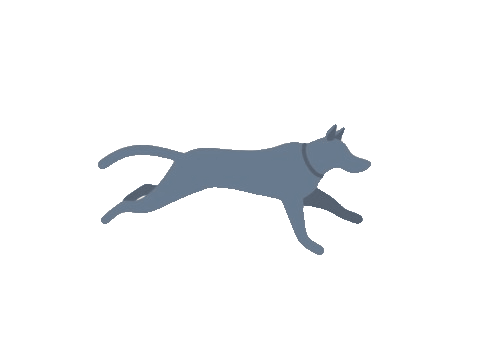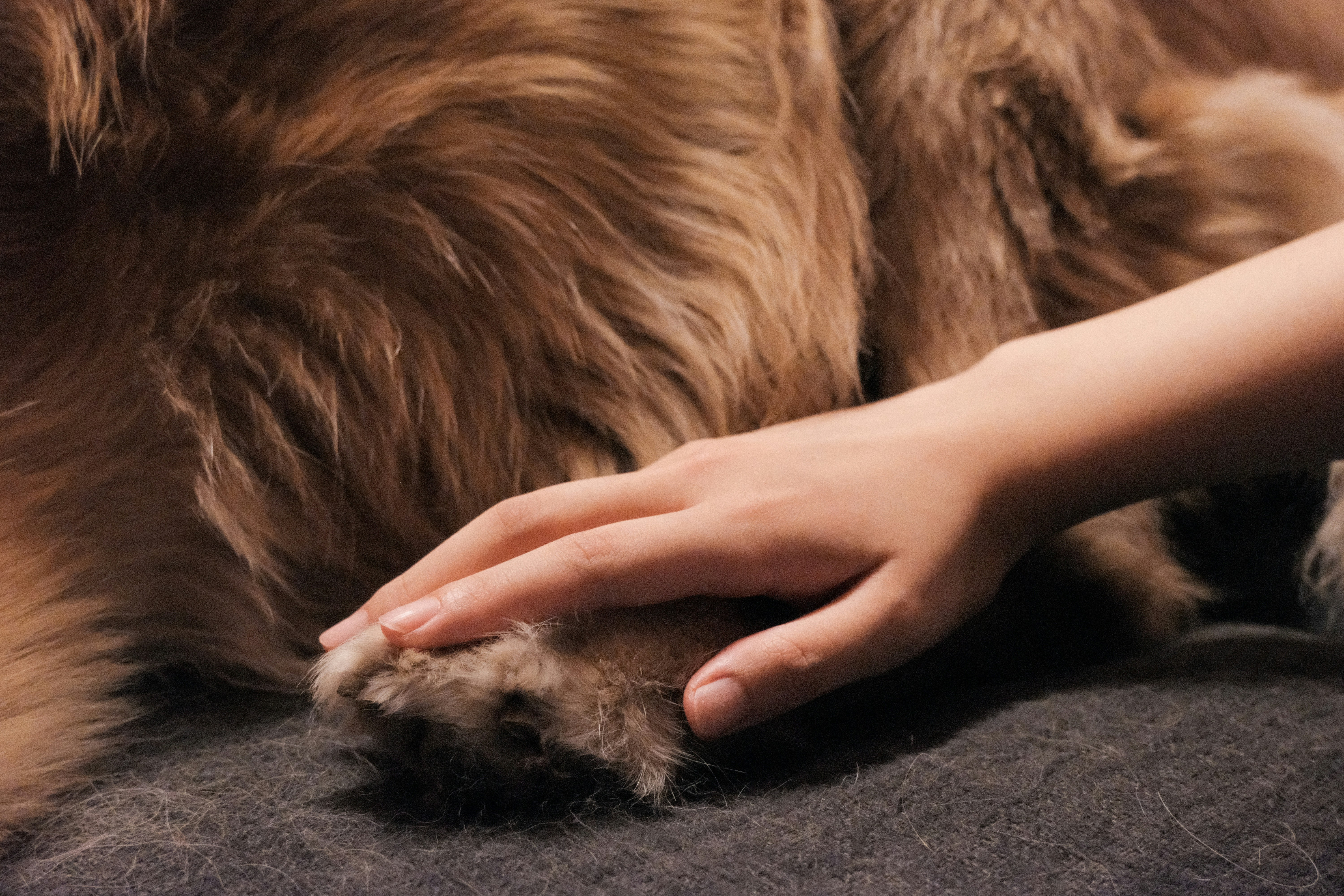The story of humanity isn't just about people; it's also about our animals. From ancient times to today, pets have been deeply woven into our cultures, influencing our traditions, beliefs, and even how we see ourselves. Once simply workers guarding our homes or hunting by our sides, animals like dogs and cats slowly became more than tools. They evolved into revered symbols, sometimes even gods, appearing in art and buried alongside us. This journey shows a deep, long-standing connection that goes far beyond just owning a pet.
As societies grew, so did the roles of our animal companions. What started as practical partnerships blossomed into something more profound. In many modern cultures, especially in the West, pets are now cherished family members, earning the affectionate title of "fur babies." This shift is clear in the massive pet industry, the rise of pet-friendly places, and a growing focus on animal welfare. It highlights how much we value animal feelings and comfort. Psychologically, studies consistently show that having pets reduces stress, fights loneliness, and boosts our sense of purpose. Just a few minutes of petting can lower stress hormones and increase "love hormones," proving their powerful emotional impact.
Ultimately, our connection with pets is a two-way street. While we shape their roles, they subtly reshape our culture, inspiring art, literature, and even how we speak. Their needs drive advances in veterinary medicine and animal behavior, and their presence makes us think more deeply about our ethical duties to all living beings. Pets aren't just characters in our cultural story; they're vital parts of it, offering unwavering loyalty, quiet comfort, and a simple joy that cuts through life's complexities. Recognizing them as sentient, emotional beings allows us to give them the respect and love they deserve, receiving an immeasurable richness in return.
Mongrela’s Team
Pet Go Social



